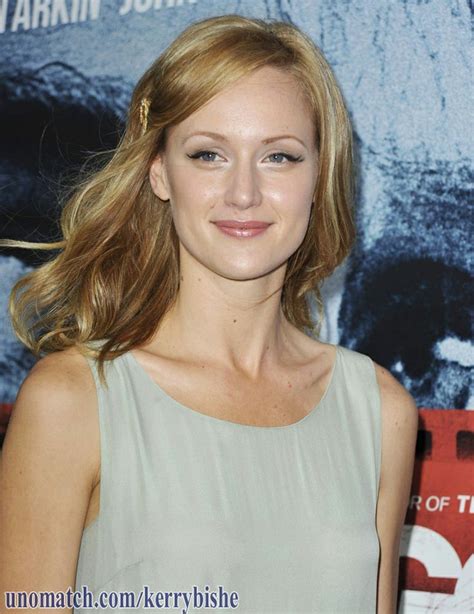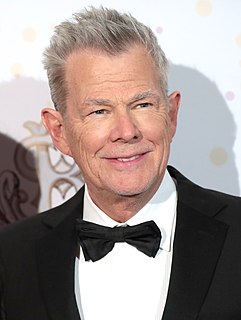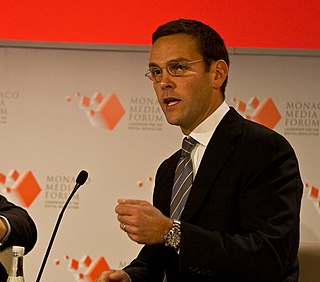A Quote by Kerry Bishe
The kinds of people that we see on television making science are old white guys with crazy hair, and those aren't the only people making science.
Related Quotes
Mathematics has two faces: it is the rigorous science of Euclid, but it is also something else. Mathematics presented in the Euclidean way appears as a systematic, deductive science; but mathematics in the making appears as an experimental, inductive science. Both aspects are as old as the science of mathematics itself.
We are living in a society that is totally dependent on science and high technology, and yet most of us are effectively alienated and excluded from its workings, from the values of science, the methods of science, and the language of science. A good place to start would be for as many of us as possible to begin to understand the decision-making and the basis for those decisions, and to act independently and not be manipulated into thinking one thing or another, but to learn how to think. That's what science does.
If somebody is working on a new medicine, computer science helps us model those things. We have a whole group here in Seattle called the Institute for Disease Modelling that is a mix of computer science and math-type people, and the progress we're making in polio or plans for malaria or really driven by their deep insights.
There are two - parallel - universes of science. One is the actual day-to-day work of scientists, patiently researching into all parts of the world and sometimes making amazing discoveries. The other is the role science plays in the public imagination - the powerful effect it has in shaping how millions of ordinary people see the world.
Science has only two things to contribute to religion: an analysis of the evolutionary, cultural, and psychological basis for believing things that aren't true, and a scientific disproof of some of faith's claims (e.g., Adam and Eve, the Great Flood). Religion has nothing to contribute to science, and science is best off staying as far away from faith as possible. The "constructive dialogue" between science and faith is, in reality, a destructive monologue, with science making all the good points, tearing down religion in the process.
Leadership has to be focused on some very radical ideas that only we as 21st Century people can talk about: making sure people have a livelihood, making sure people receive a living wage, making sure the environment, the Mother Earth, is embraced and cherished and not destroyed. Making sure people are healthy in what they eat, making sure we hold people and corporations accountable for the damage they do not only to our environment but to our institutions.




































